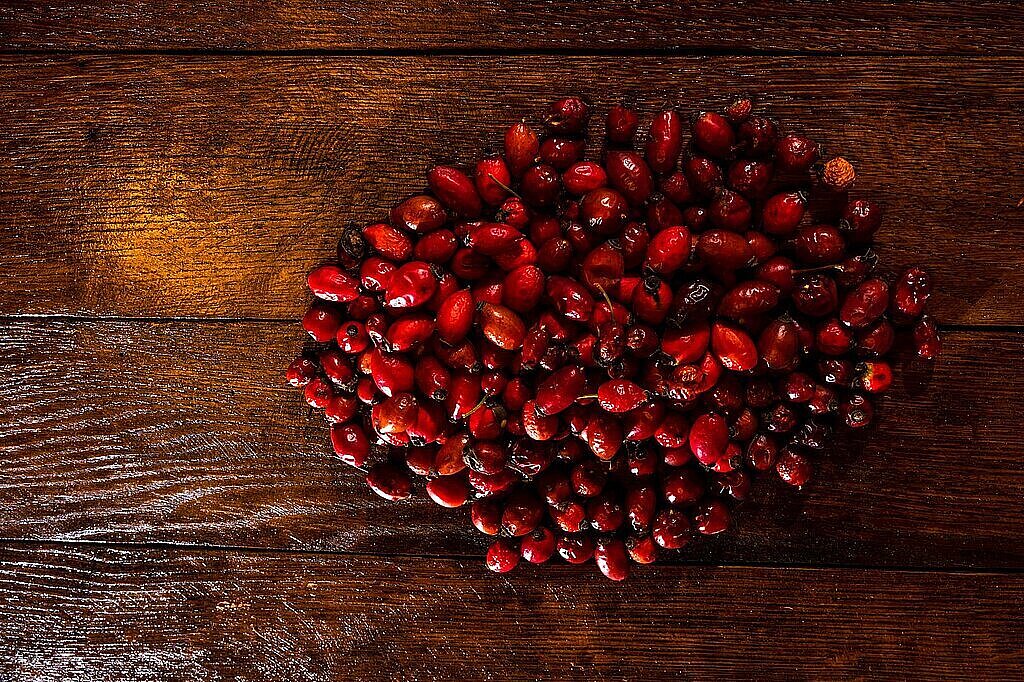Betanin

But what does betanin have to do with dogs? Can it do your four-legged friend good or harm? Find out more about the effects and benefits of betanin for dogs here.
Benefits of betanin for dogs
Betanin has a number of positive properties that are also interesting for dogs. Firstly, it is an antioxidant that fights free radicals in the body and thus protects against cell damage. Secondly, it contains vitamin B12, which is important for the nervous system, the immune system and energy metabolism.
Beet, the main source of betanin, is also rich in other nutrients such as iron, folic acid, potassium and fiber. These can promote blood formation, regulate blood pressure and aid digestion.
Disadvantages of betanin for dogs
However, betanin also has some disadvantages that need to be considered. On the one hand, it can cause discoloration of urine or faeces, but this is harmless and only indicates the high betanin content. On the other hand, some dogs may develop intolerances or allergies, which can manifest themselves in symptoms such as diarrhea, vomiting or itching.
Care should also be taken to ensure that beet is not fed too often or too much. This is because it also contains oxalic acid, which can lead to kidney stones in large quantities5. An overdose of vitamin B12 can also lead to side effects such as a skin rash or palpitations.
Betanin is a natural colorant with antioxidant and vitamin-like properties. It can be healthy for dogs when fed in moderation. Beet is a good source of betanin and other nutrients.
However, attention should be paid to possible disadvantages such as discoloration, intolerance and overdosing.
Properties 9
Are you looking for other ingredients with a specific property?
Just click on them to find more.
If you notice any signs of hypersensitivity or poisoning in your dog, you should see your vet immediately. We are not a substitute for a vet, but we try to be as accurate as possible. Every dog reacts differently and we recommend you get a second opinion or consult your vet if in doubt.
Stay healthy and take good care of your four-legged friend!😊
Similar to Betanin
Anthocyanins are natural pigments that occur in plant cells. They are secondary plant substances that play an important role in the health of plants and animals alongside nutrients. Anthocyanins are...
Chlorophyll is a chemical compound consisting of carbon, hydrogen, oxygen and nitrogen. There are different types of chlorophyll, which differ in their structure and color. The best known is...
Lycopene is an antioxidant, which means that it protects cells from the harmful effects of free radicals. Free radicals are aggressive molecules that are produced during metabolic processes or by...
Astaxanthin has many potential health benefits for dogs. For example, it can strengthen the immune system, improve eye and heart health, promote skin and coat quality and relieve joint pain....



